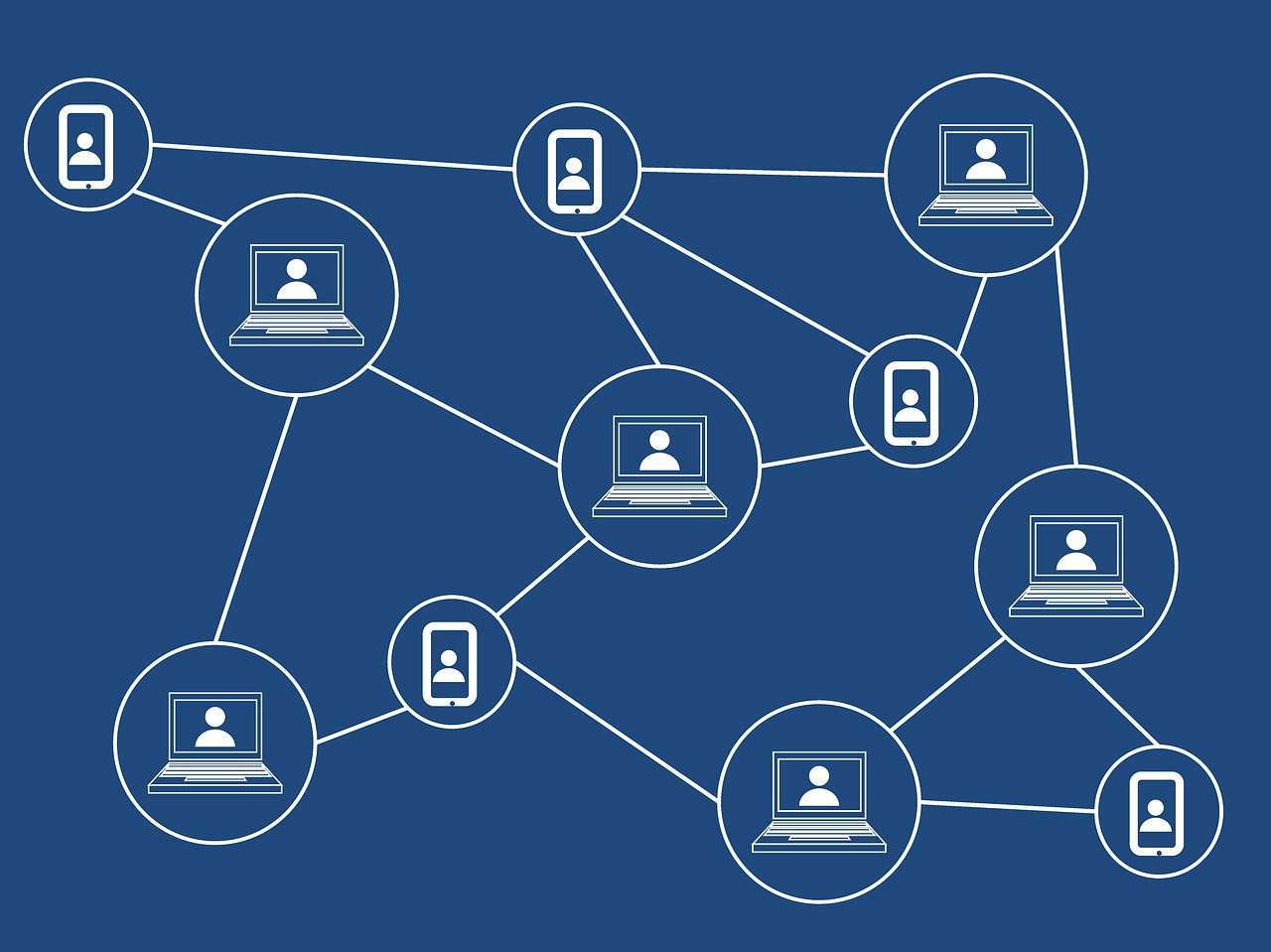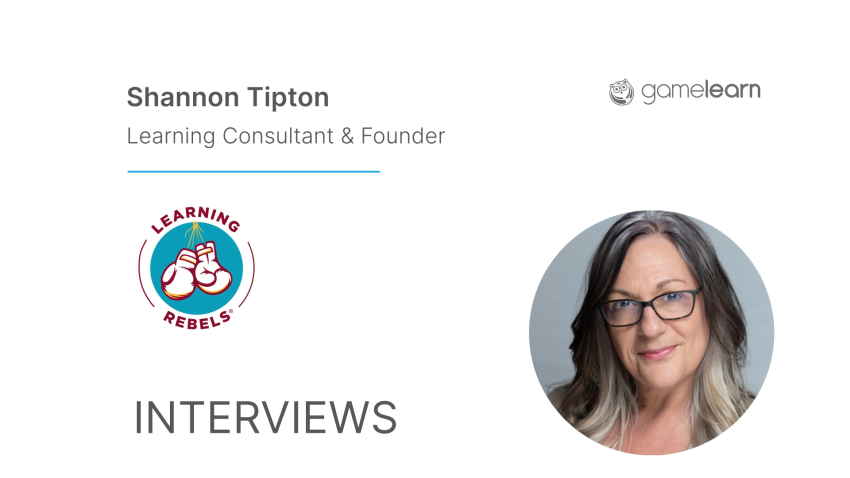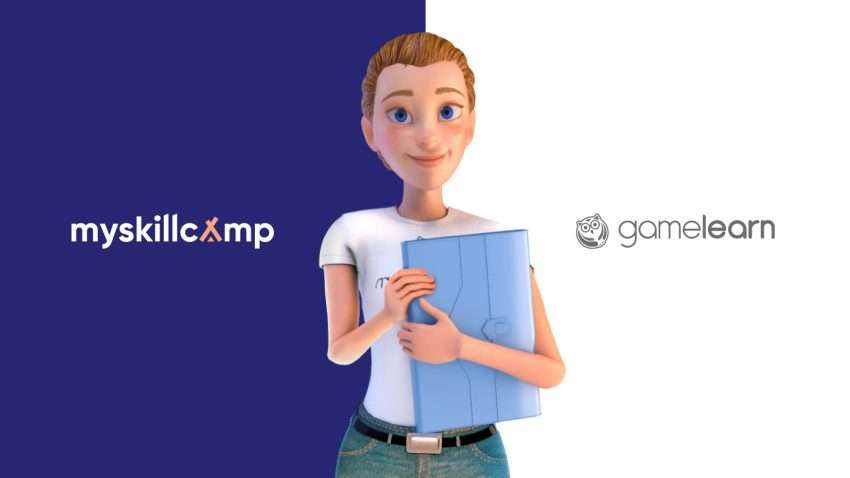In the last Expoelearning fair held in Madrid, the International Congress focused on how the blockchain technology is already helping e-learning and how it will be capable of helping it even further in the future. For some industry players, this technology is destined to become the solution to some on-going problems in online training, such as those related, for example, to the veracity of degrees, the certification of training companies, the personalization of learning courses or the correct accreditation of skills.
More secure data
To sum up, blockchain is a data structure in which the information contained is grouped into sets, to which metadata relative to another block of the previous chain in a timeline is added. In this way, thanks to cryptographic techniques, the information contained in a block can only be edited by modifying all subsequent blocks.
This “distributed” method of recording data, in which all the participating nodes have a copy of the information, is hard to distort and allows personal data to enjoy total privacy, in the same way as the training records of each student or their certificates. Currently, there is no efficient exchange between academic institutions and there is a high risk of loss of documents, document alteration or even falsification.
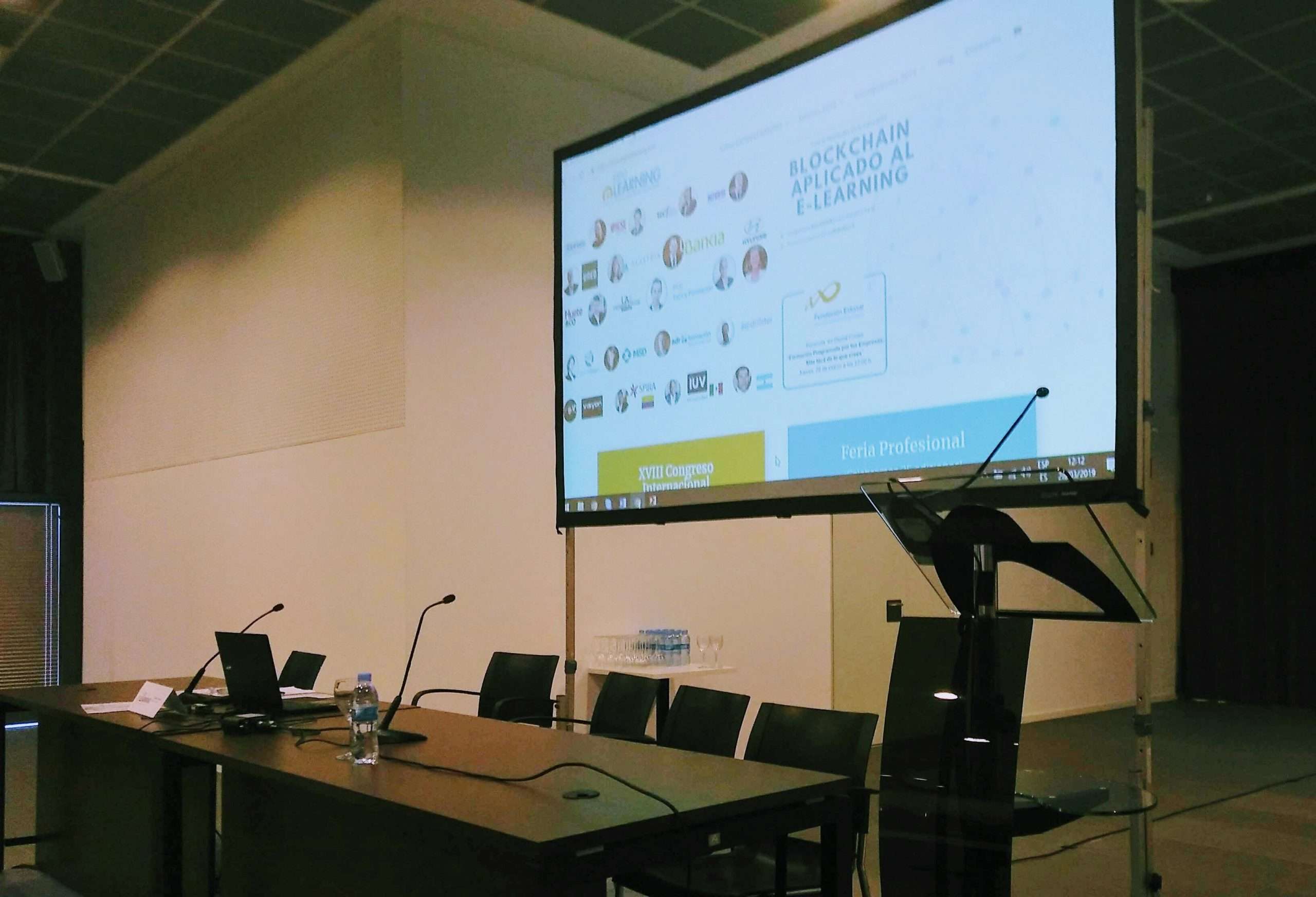
Stage of the International Congress of Expoelearning
In short, blockchain allows dispensing with intermediaries and offers more security, thanks to three elements that characterize this technology. First, the data is stored by replicating the information in the block chain; secondly, this data is transmitted through peer networks and, finally, the data is confirmed thanks to a consensus among the participating nodes. The most common type of algorithm used to achieve this “contract” or agreement is the Proof of Work (PoW), in which there is a validation process of the new entries, called mining, and which is open, competitive and transparent.
A clear example of the security and privacy levels that blockchain seeks in the field of training is the Disciplina project, which is aimed at creating verified personal profiles based on academic and professional achievements. With a similar objective, the UNIR created the Certiblock project, aimed at ensuring that the certificates of this university are 100% verified.
Custom training paths
Another valuable contribution of blockchain to online training is the possibility of creating personalized training paths. Each student can generate his own portfolio, without barriers and matching the learning content to his skillset and interests. The cost of training can also be customized, allowing an improved allocation of scholarships, among other useful procedures. Therefore, new learning models and ecosystems would be created, which would not prevent face-to-face and blended training, if desired.
The study Blockchain in Education, conducted by the European Commission, proves the interest of public bodies for the potential of the blockchain technology in the field of education and cooperation between public and private organizations, with the aim of being more effective not only in training new technological profiles, but also in existing profiles.
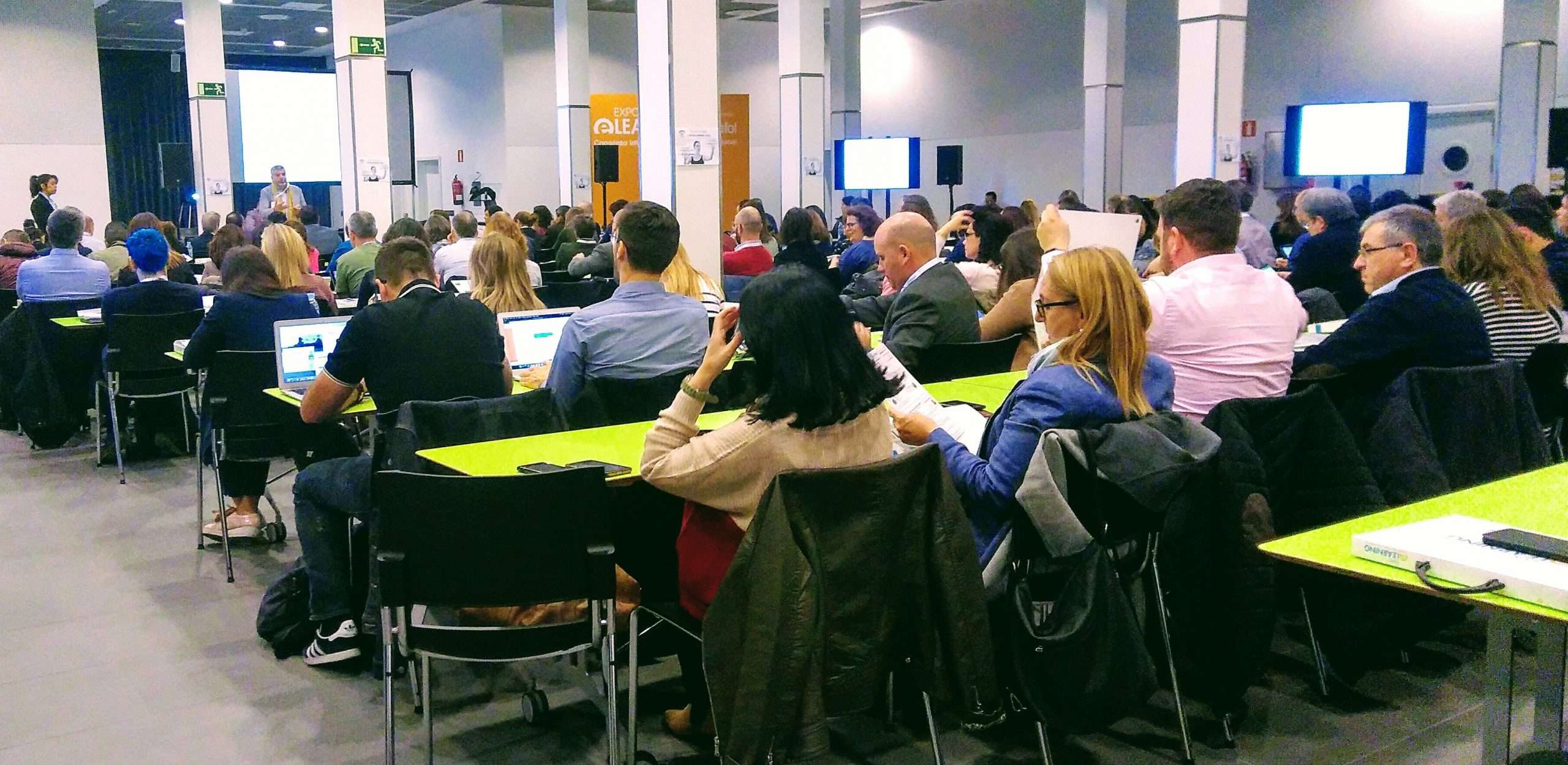
Attendees to the International Congress of Expoelearning
Highlighting the value of any skill
The personalization of the learning path allowed by blockchain will be largely due to the recognition of tasks carried out, which have been difficult to quantify until now, through tokens or “knowledge coins.”
Internally, some companies are already launching projects that boost the acquisition of knowledge by their employees, from the materialization of the added value of their activity inside and outside the organization. For example, the BBVA Campus Wallet promotes the on-going training of its employees and provides value to such training through tokens that certify each hour completed in a course or taught to colleagues.
The challenge in this area of corporate training lies in integrating different areas of the company in the same token system, while also taking into account the existing legal implications, for example, as far as data protection is concerned.
You may be interested: Traditional e-learning, an endangered species
Another great project that illustrates the potential of blockchain applied to in-house training is Telefónica’s Karma. Jorge Ordovás, trainer at Telefónica’s schools of excellence, explained at Expoelearning how some activities carried out by Telefónica’s employees are yet to receive recognition. According to Jorge Ordovás, 70% of corporate training is offered by the employees themselves, with the consequent savings for the company. Many employees also participate in volunteer activities, which undoubtedly reverts to the community in which the company is present, and many others write articles on blogs of partner organizations, which translates into a better positioning of the brand.
Blockchain helps add value to these assets, which were not previously made tangible, and allows their digitization to exchange them or achieve rewards from them. To this end, what Telefónica and other companies are already beginning to do thanks to blockchain is to give visibility to those areas of value of its employees and recognize their effort so they obtain a return, in a safe and objective way.
Toward a transversal and secure collaboration approach
During the Expoelearning Congress, Montse Guardia, General Manager of Alastria, a multisector consortium in favor of a semipublic Blockchain/Distributed Ledger Technology infrastructure, used an artistic metaphor to illustrate our current period of transition: we travel from the Romanesque period to the Gothic period. Knowledge is shared between many people and blockchain allows the creation of complex ecosystems, where public, private and academic sectors can join forces with citizens and enhance this knowledge.
Currently, not only is software upgraded, but so are the electronic materials necessary for blockchain, in search for higher levels of sustainability, since the huge amount of energy used is obvious. Therefore, more and more projects are emerging, which are willing to promote knowledge and research around this technology, such as the Universidad del Blockchain, Blockchain University, Open Blockchain or University Blockchain Research Initiative.
